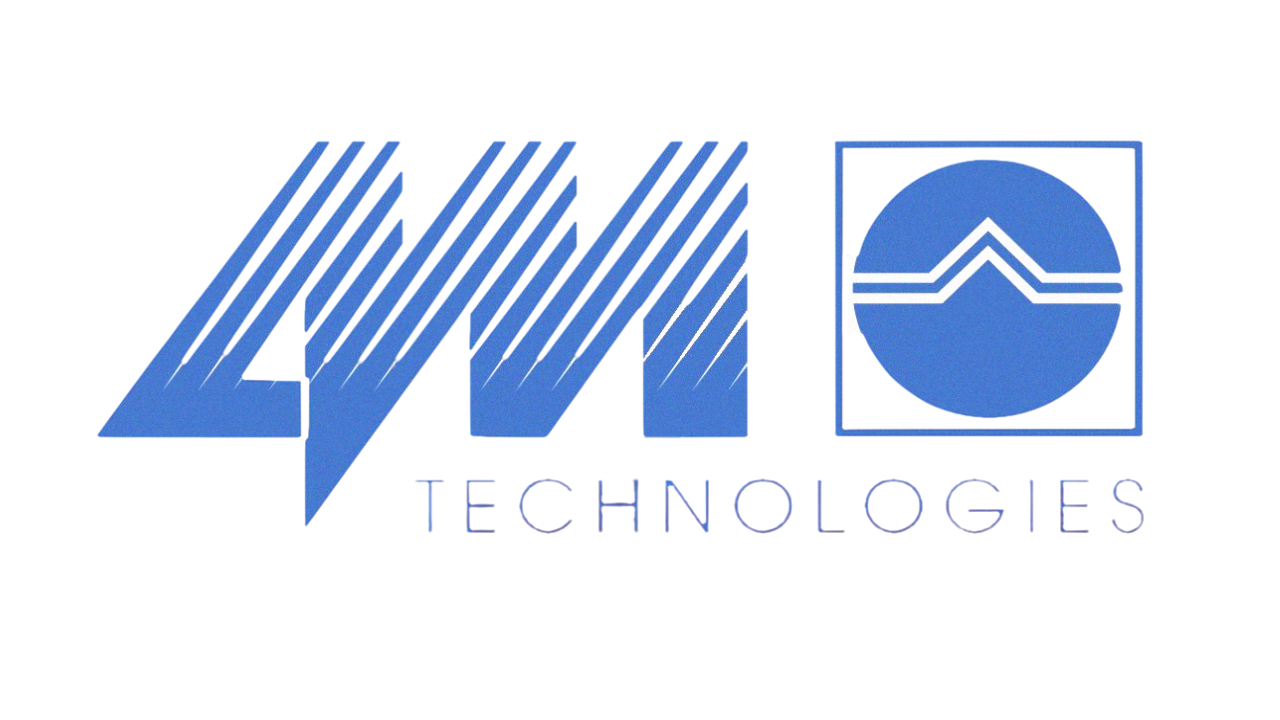As businesses grow and expand, they often enter into contractual relationships with other entities. One common type of contract used in business is an express contract. In this article, we’ll explore the basics of express contracts in business law and what you need to know as a business owner.
First, what is an express contract?
An express contract is a type of contract where all terms and conditions are explicitly stated in writing or verbally. This means that all parties involved in the contract are fully aware of their obligations and responsibilities, as well as what is expected of them.
Express contracts are often used when a business needs to enter into a contract quickly, or when specific terms and conditions need to be outlined in detail, such as in a sale agreement or for services rendered. Some examples of an express contract in business law include purchase orders, service contracts, and employment agreements.
What are the requirements for an express contract?
To be considered valid, an express contract must meet four basic requirements:
1. Offer: One party must make an offer to another party.
2. Acceptance: The other party must accept the offer.
3. Consideration: Both parties must exchange something of value, such as money or services.
4. Mutuality: Both parties must agree to the same terms and conditions.
It is important to note that an express contract can be either written or oral. However, written contracts are often preferred because they are easier to enforce and provide a clear record of what each party agreed to.
What are the advantages of an express contract?
Express contracts provide several benefits for businesses. One of the biggest advantages is that they provide clarity and certainty regarding the terms of the agreement. This means that both parties are fully aware of their obligations and responsibilities, which can help prevent disputes or misunderstandings in the future.
Another benefit of an express contract is that they are legally enforceable. If one party breaches the agreement, the other party can take legal action to seek damages or other forms of relief.
What are the disadvantages of an express contract?
One potential disadvantage of an express contract is that they can be time-consuming and costly to prepare. This is especially true for complex agreements that require detailed terms and conditions. Additionally, if the contract is not drafted carefully, it may be ambiguous or open to interpretation, which can lead to disputes down the road.
Another disadvantage of an express contract is that it may not account for unforeseen circumstances that arise after the contract is signed. For example, if a car dealership signs an express contract to purchase a specific number of vehicles from a manufacturer, but a natural disaster disrupts the supply chain, the agreement may not provide for such an eventuality.
In conclusion, express contracts are a common and important aspect of business law. They provide clear and explicit terms that help prevent disputes and provide legal recourse in the event of a breach. However, they also require careful drafting and consideration of potential risks and uncertainties. As a business owner, it is important to consult with a qualified attorney before entering into any contractual agreements to ensure that your interests are protected.
